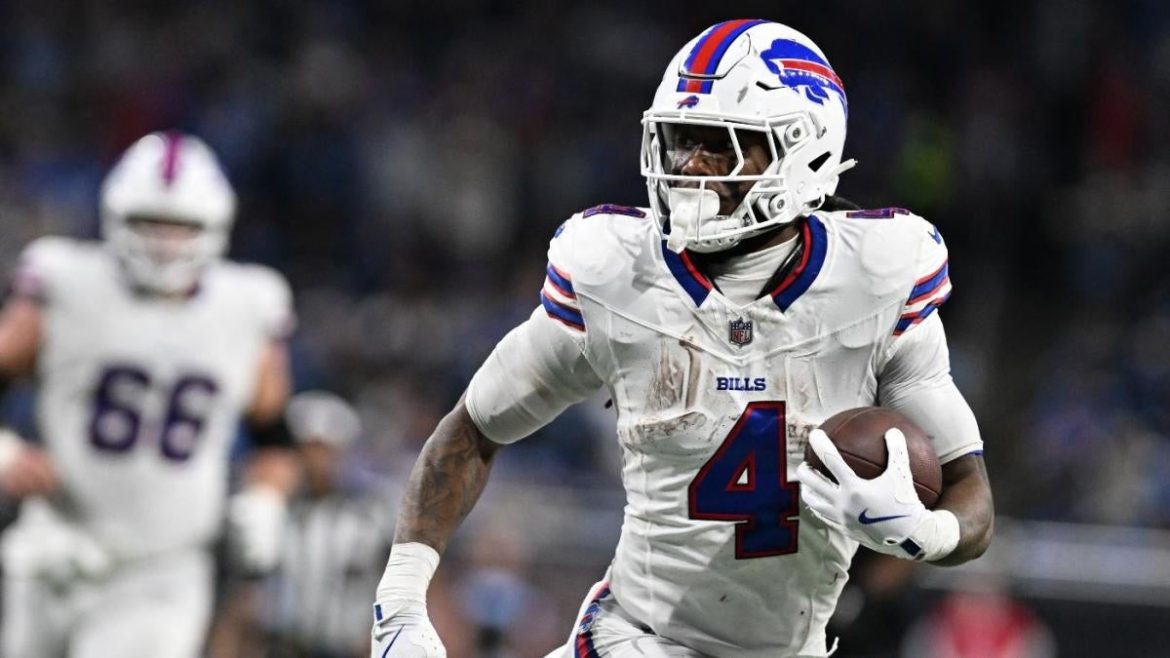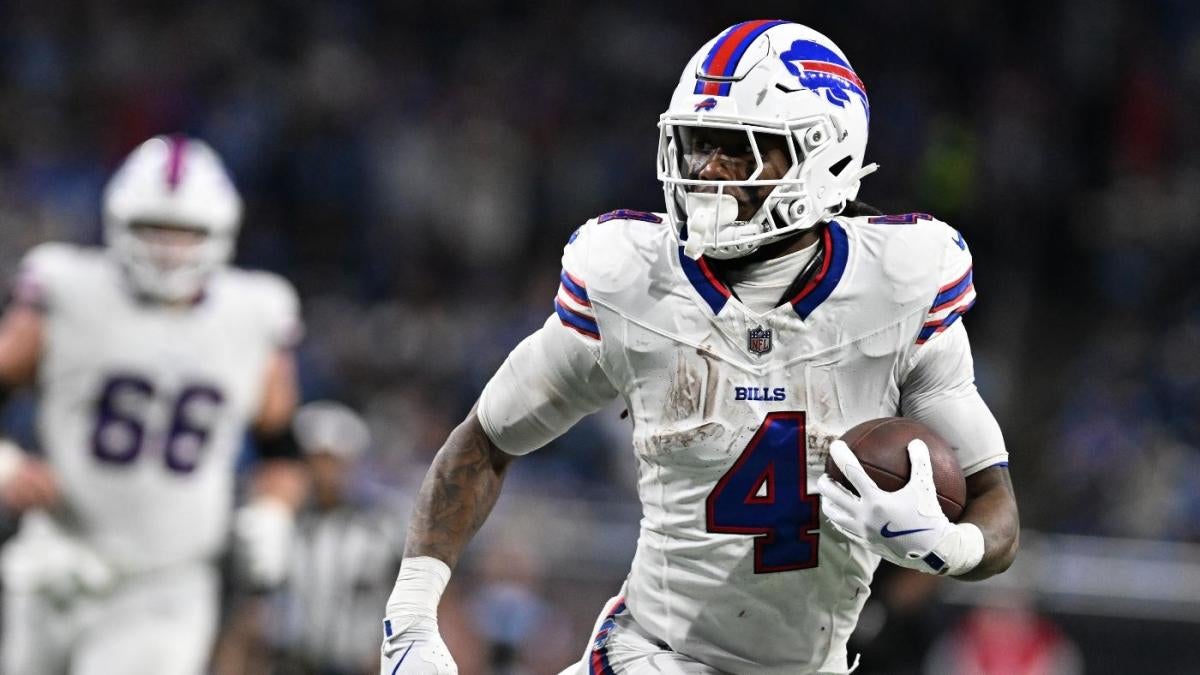James Cook and the Buffalo Bills: Navigating a Contract Crossroads
The situation between running back James Cook and the Buffalo Bills has captured significant attention in the NFL landscape as the 2025 season looms. Cook, a former second-round pick in 2022, has emerged as a standout performer, yet ongoing contract negotiations remain at an impasse, casting uncertainty on his immediate future with the franchise. This analysis dissects the multi-layered dynamics of this contract standoff, its impact on team cohesion, and the broader implications for both player and organization.
Rising Star with Growing Expectations
James Cook’s on-field progression since entering the league has been notable. After spending his rookie year primarily as a backup, Cook took over as the Bills’ lead running back in 2023 and 2024, making consecutive Pro Bowls and posting impressive stats: over 1,000 rushing yards, 207 carries, and an extraordinary 16 rushing touchdowns in 16 games during the 2024 season. His scoring ability ranks among the league’s elite, tied second in NFL touchdowns for that year, underscoring his vital role in the Bills’ offense.
Cook’s performance underpins his pursuit of a contract extension that reflects his value. Market comparisons bolster his position; his older brother Dalvin Cook secured a lucrative five-year, $63 million extension with the Vikings in 2020, setting a precedent for what top-tier running backs can expect. Rumors indicate James Cook is targeting approximately $15 million annually, a figure that would place him among the highest-paid at the position.
The Contract Impasse and Disconnection
Despite Cook’s budding stardom, the Buffalo Bills have made it clear that extension talks are off the table until after the 2025 NFL Draft, as per comments from General Manager Brandon Beane. This hardline stance has resulted in stalled negotiations and growing tension. Cook’s response has been to disengage from the franchise and the community—he has reportedly “disconnected” himself by skipping voluntary offseason team activities (OTAs) and listing his Buffalo home for sale.
Such actions illustrate a deteriorating relationship between player and team. Cook’s absence from OTAs, where he is the lone player missing, has raised eyebrows and fueled speculation of a potential holdout. The Bills’ head coach maintains a stance of cautious optimism but acknowledges Cook’s separate path during this period. The disconnect is deepened by insider reports that the sides “were never really close” in their contract discussions, highlighting communication breakdowns.
Impact on Bills’ Organization and Team Dynamics
The timing of this standoff is critical. As reigning AFC East champions, the Buffalo Bills require stability and cohesion to mount a serious playoff push and contend for a Super Bowl. Cook’s uncertainty creates a disruption, not only offensively but in locker room morale, as the team’s star running back is publicly at odds with management. Such discord can have ripple effects on trust and internal culture.
From the organization’s perspective, the cautious approach may stem from salary cap considerations, market valuation of running backs in a league trending away from long-term RB investments, or a strategic decision to delay negotiations. Balancing the continuation of Cook’s on-field contributions against the risk of alienation is precarious.
The Player’s Perspective and Future Outlook
James Cook’s position is that of a rising athlete with proven production deserving of recognition and fair compensation. The decision to step back from team activities and list his property signals seriousness about his demands and uncertainty about his tenure in Buffalo.
With his rookie deal ending after 2025 and free agency on the horizon, Cook must weigh the potential benefits of holding out for his desired contract against possible career risks, including reduced playing time or being traded. Speculation exists around trade possibilities, as some analysts view he could be moved to maintain team harmony or recoup value.
What Lies Ahead?
As the NFL season approaches, the standoff remains unresolved, with both parties adopting rigid stances. The Bills insist on postponing discussions past the draft, while Cook continues distancing himself, not ruling out a holdout—a move that could impact fantasy football projections and the team’s depth chart.
This moment represents a pivotal crossroads for Cook’s career and the Bills’ offensive strategy. A resolution—be it a financial agreement, trade, or prolonged absence—will shape both entities moving forward. Fans and league observers will be watching closely as this case exemplifies the complex interplay between athlete valuation, team management, and the business realities of professional football.
Conclusion: A Contract Conundrum That Could Reshape Both Futures
James Cook’s contract dispute with the Buffalo Bills transcends a simple negotiation, evolving into a test of patience, communication, and strategic positioning from both sides. His proven elite performance contrasts sharply with the stalled talks and mutual disengagement that threaten to destabilize a championship-contending team.
This episode underscores the evolving landscape of NFL contracts where rising stars assert their worth amidst organizational budget constraints and shifting positional value. The eventual outcome—whether reconciliation, trade, or separation—will reverberate beyond Buffalo and serve as a case study in how talent and franchise interests can collide as careers and team ambitions hang in the balance.





